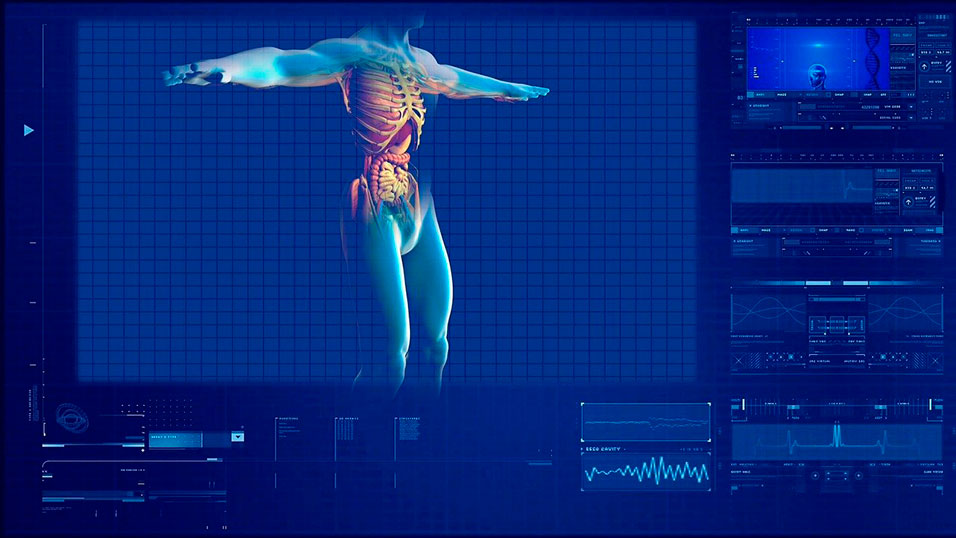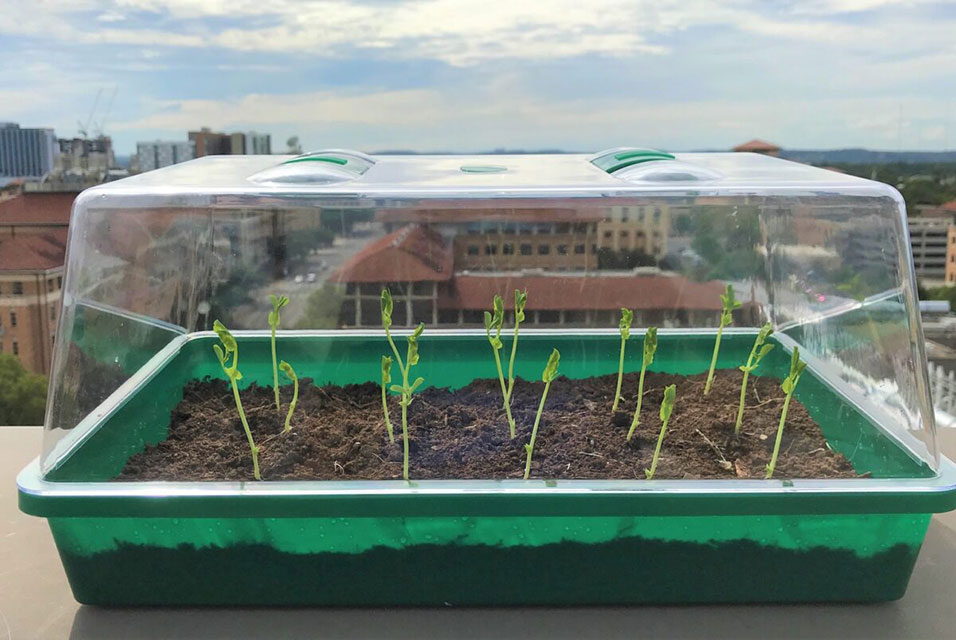OXFORD.- Scientists at the
University of Oxford have discovered that obesity can increase the chances of someone developing kidney disease.
Funded by
Kidney Research UK and the Medical Research Council, this new study has found that fat all over the body increases risk, not just fat around the middle (tummy fat), and suggests controlling weight could be a new way to manage kidney disease risk.
This research was published in the Journal of the American Society of Nephrology.
Previous studies have found that obesity is linked with an increased risk of kidney disease. But it wasn’t clear whether obesity directly caused kidney disease or whether other factors were involved, such as more salt in people’s diet.
In this latest research, the team studied almost 300,000 DNA samples from the UK Biobank. They searched over 1,000 genetic variations known to predispose people to a higher overall body mass index (BMI) or more abdominal fat deposition (fat around the middle). People with these gene variations are more likely to become overweight or obese because they inherit these genes.
Professor Will Herrington, from the Medical Research Council Population Health Research Unit at the University of Oxford, who co-led the research explains: “In this study, we found these genetic variants were consistently linked to kidney disease - each 5 kg/m2 increase in BMI caused roughly a 50% increased risk in chronic kidney disease. Using a genetic approach meant we could be more rigorous than with a conventional approach and rule out other factors.”
The team found kidney disease risk didn’t change based on fat location – it increased by the same amount regardless of whether fat was deposited centrally (around the organs) or across the body generally (such as around the legs and arms).
Professor Herrington continues: “In some diseases linked to obesity, such as heart disease, fat deposited around the abdominal organs (tummy fat) is worse than fat that accumulates around the buttocks. But our results clearly show that regardless of where it is deposited in the body, fat increases the risk of kidney disease.”
To understand why this happens, the researchers tested whether the genetic variants that predispose certain people to obesity were also associated with diabetes or high blood pressure – which both lead to kidney disease.
The team found that for most cases of obesity-associated kidney disease, diabetes and blood pressure were the driving causes. When fat was deposited around the central organs, kidney disease was caused almost exclusively by diabetes. On the other hand, when fat was deposited generally across the body, both diabetes and high blood pressure contributed to kidney disease.
Professor Herrington explains: “This is good news, because we already know a lot about diabetes and high blood pressure, and we have treatments for them. If we can prevent diabetes and control blood pressure in those who are overweight or obese, we may be able to prevent many cases of kidney disease from developing in the first place. Ultimately, these results give us all more incentive to manage our weight.”
He continues: “A new class of drugs called gliflozins reduce the kidney’s ability to retain sugar and salt, meaning the body is more able to get rid of excess sugar and salt. This helps people with diabetes control their weight and blood pressure, and recent trials are revealing they are particularly effective at treating diabetic kidney disease, and other kidney diseases. We’re running a large clinical trial to find out if this is true in a wider range of people with kidney problems.”
Dr Aisling McMahon, executive director of research, innovation and policy at Kidney Research UK said: “Around three million people are living with chronic kidney disease in the UK. One of the charity’s priorities is to transform treatments for kidney disease and to find new ways to prevent it. By identifying obesity as a new risk factor for kidney disease, this important research has revealed new reasons for doctors, patients and healthcare teams to support a renewed focus on weight management and encourage people to look at ways they can improve their own health.”
She continues: “We’re watching the gliflozin trials with interest – if clinical trials reveal these drugs can benefit an even wider group of patients, we would like to see these research findings brought into clinical practice quickly so they can benefit patients across the country. And as well as preventing kidney disease, we’re also committed to keeping people active after they develop kidney disease. That's why we’re supporting Kidney Beam, an online exercise and wellbeing platform for kidney patients.”










